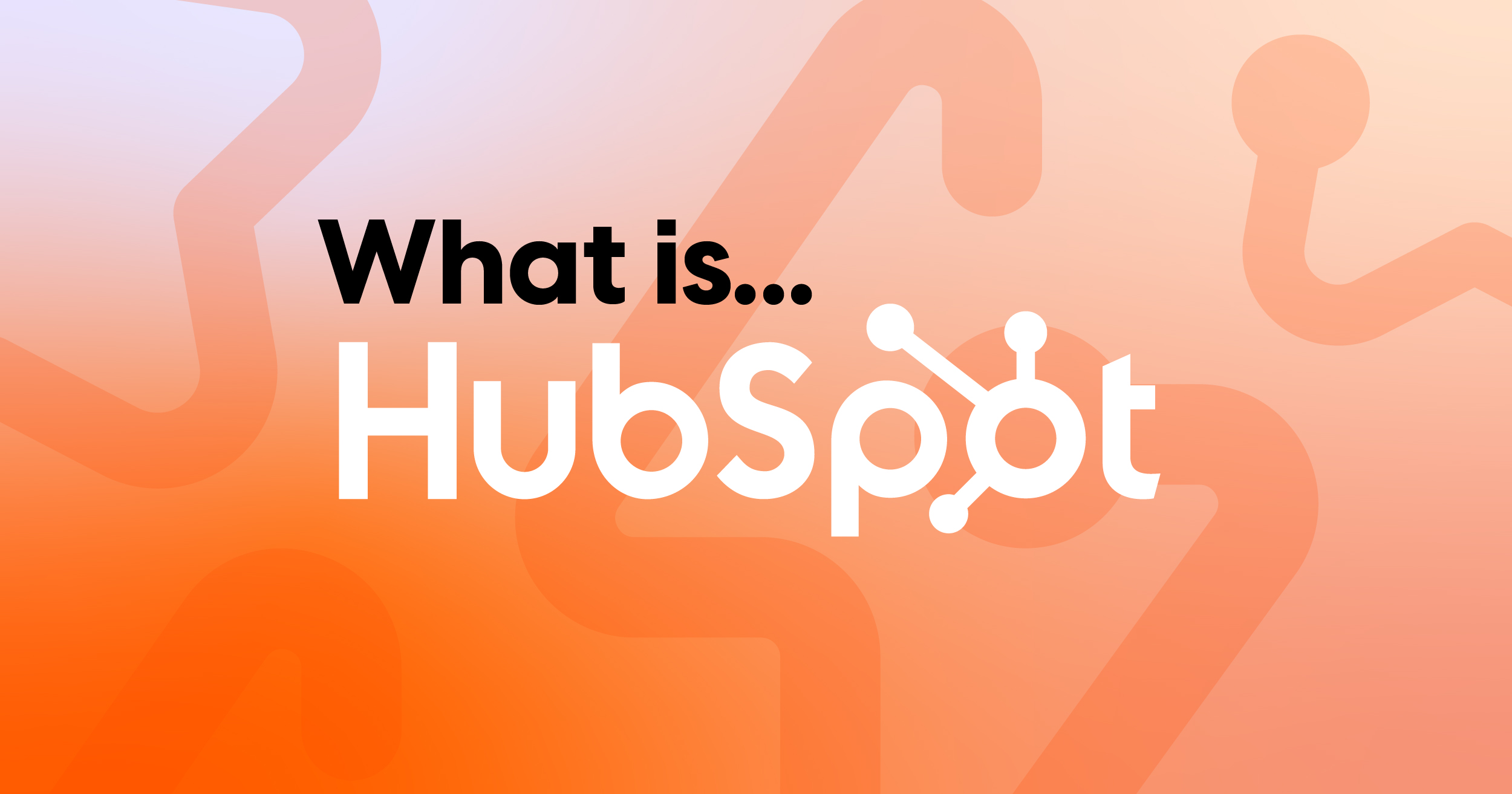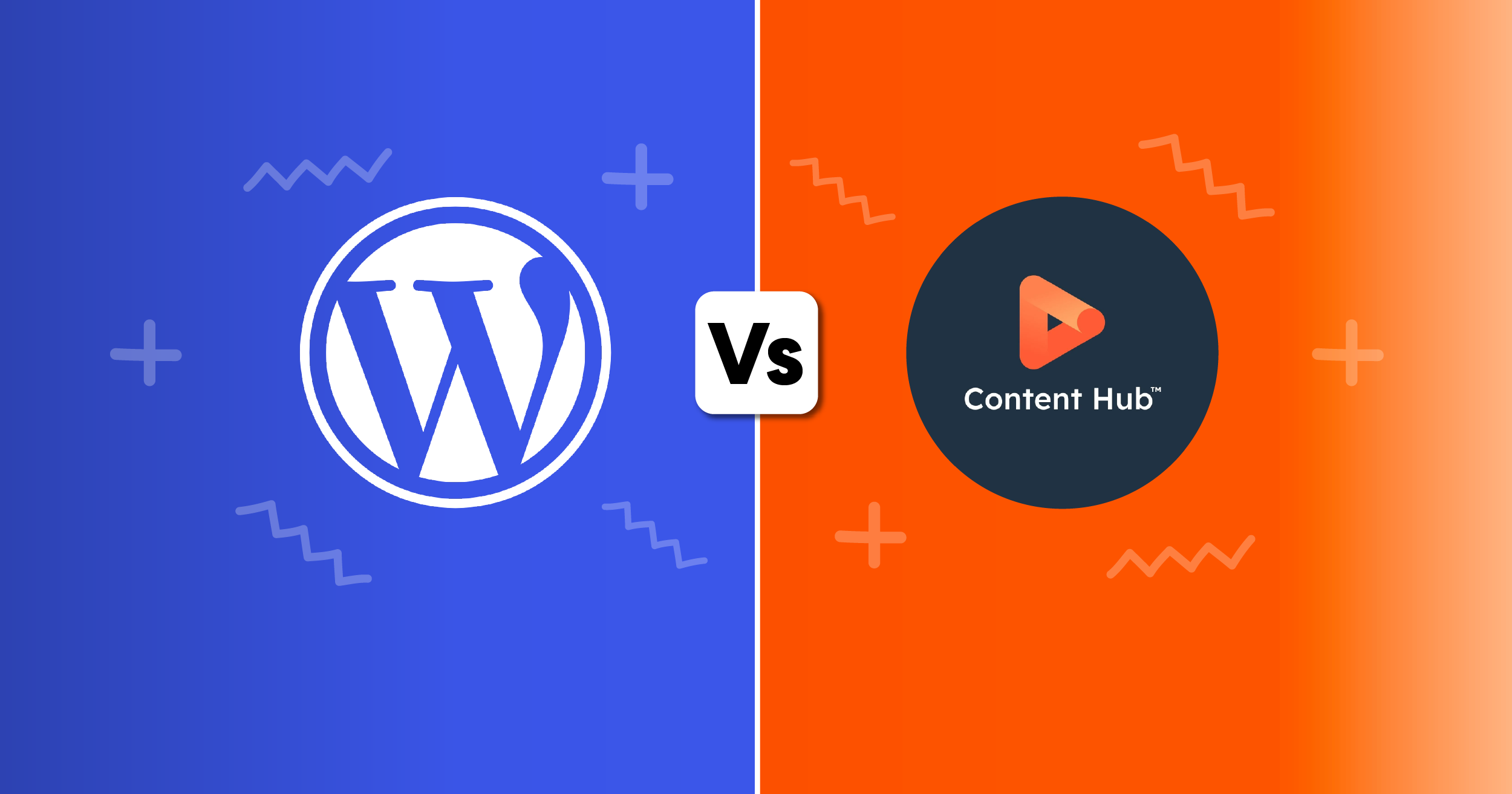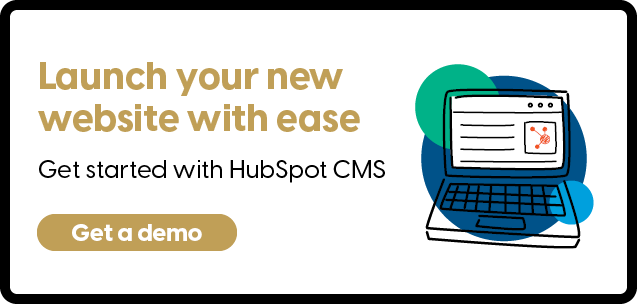
How to choose the right website platform for your business
Selecting the right website platform is crucial for establishing a successful online presence. The right platform can significantly impact your business's growth, user experience and overall success. In this post we’ll cover all the areas you should consider when choosing a new website platform.

Customer Experience
Building a custom website offers the highest level of control and flexibility, allowing you to tailor it precisely to your unique needs. However, it requires careful planning and technical expertise.
![]()
"Before embarking on a custom website development project, it's crucial to clearly define your goals and requirements. To choose the right platform you will need to understand your target audience preferences, needs and behaviours. Create a detailed plan that outlines the structure of your website's content and navigation to ensure success"
 Luke Martin, our Senior Front End Developer from Modern Visual
Luke Martin, our Senior Front End Developer from Modern Visual
![]()
Quick Links:

Choose the right technology stack
The foundation of a custom website lies in its technology stack. This involves selecting which tools will power your website.
- Front-end development focuses on creating the website's visible elements, such as layout, design and user interactions. Technologies like HTML, CSS and JavaScript are essential for building the user interface.
- Back-end development handles the server-side logic and database management. Popular programming languages include PHP, Python and Ruby, while frameworks like Laravel, Django and Ruby on Rails can streamline development and provide a solid foundation.
- Content management systems (CMS) offer a user-friendly interface for managing website content. Platforms like WordPress and HubSpot can simplify content updates and maintenance, especially for non-technical users. You can customise these content management systems to match your needs, providing a great solution for building effective digital experiences.
Here are 8 factors to consider when choosing your website software:
- Scalability and performance

- Traffic handling: Can the platform handle anticipated traffic growth without compromising performance? A scalable website is essential to accommodate future growth, handle increased traffic and ensure a positive user experience.
- Data storage: Does the platform offer sufficient data storage for your content and media? Evaluate your data storage needs based on the amount of content, media and user data you anticipate. Ensure the platform offers sufficient storage capacity and can scale as needed.
- Speed optimisation: How well does the platform optimise website speed for improved user experience? Website speed is crucial for user experience and search engine rankings. Look for platforms that offer built-in optimisation features like caching, image compression and content delivery networks (CDNs).
- Customisation and flexibility

- Design control: The platform should offer extensive customisation options to ensure that your website's design and layout align with your brand identity. Look for platforms that allow you to customise elements like fonts, colours and page structure to create a unique and cohesive online presence.
- Custom development: The platform should support custom development to accommodate unique features or integrations that are not available out-of-the-box. This flexibility allows you to tailor your website to your specific needs and requirements. If you have specific requirements or need to integrate with other systems, consider platforms that support custom development or offer APIs for integration.
- Theme compatibility: Are there a variety of themes or templates available to choose from? Are you going to build a custom website? Most software platforms offer the ability to choose between both templates and custom themes. Consider which templates or designs you will use to ensure you have all the necessary features to build your website.
- Ease of use
- User-friendliness: The platform should be intuitive and easy to navigate for both administrators and users. A user-friendly interface will minimise challenges related to employee adoption and ensure that your team can effectively use the platform to achieve your business goals.
- Learning curve: How steep is the learning curve for mastering the platform's features? Considering how much time it will take to learn the new platform is helpful for budgeting and timelines. It will help you monitor ROI and see what benefits a new website can give you. It’ll also help prevent risks with change management and give you a better perspective when implementation begins.
- Cost
- Initial setup costs: What are the upfront costs for setting up your website on the platform? Outline your initial and ongoing costs to get a clear picture of your overall expenses.
- Ongoing fees: Are there recurring fees for hosting, domain names or premium features? These features are essential for making your website accessible online and can vary in cost depending on your provider and requirements.
- Cost-benefit analysis: Evaluate the long-term costs and benefits of the platform. Prioritise your needs, focus on the investing in features that are essential for your business. You can avoid unnecessary costs by scaling your business as it grows with you.
-
Security and Compliance

- Data protection: It’s important to consider how you are going to protect your data. Safeguard your users' personal information, financial data and proprietary business data from unauthorised access. Your level of data protection will help you build trust with customers, and demonstrates your commitment to protecting user privacy and data security.
- Compliance: Ensure the platform meets industry-specific compliance standards, such as GDPR or HIPAA.
- Disaster recovery: The platform should have robust backup and recovery options in place. This will help protect your data and minimise downtime in case of data loss or system failures.
- Integration Capabilities

- CRM integration: Consider which integrations are possible, depending on your needs. A well-integrated tech stack can streamline operations, improve efficiency and provide valuable insights. Integrating your website platform with your customer relationship management (CRM) system can help you manage customer interactions, track sales and provide personalised experiences.
- Marketing automation: The platform should integrate seamlessly with marketing automation tools. This will streamline your lead generation and nurturing processes.
- Enterprise applications: The platform should be compatible with other enterprise applications you use in your business to ensure a smooth workflow and avoid data silos.
- Support and Maintenance

- Customer support: Is there reliable and responsive customer support available?
- Maintenance services: The platform should offer ongoing maintenance services, including updates, security patches and performance optimisation. Regular updates ensure that your website remains compatible with the latest technologies and security standards. Security patches help protect your website and data from vulnerabilities and attacks. Performance optimisation ensures that your website loads quickly and efficiently, providing a positive user experience.
- Long-Term Vision

- Scalability: Can the platform accommodate your business's growth and future needs?
- Flexibility: Does the platform offer flexibility for potential changes or expansions?
Flexibility is crucial for adapting to changing business needs and market trends. A scalable and adaptable platform allows you to easily modify your website, add new features or expand into different markets without significant technical challenges or costly redesigns. This flexibility ensures that your website remains relevant and competitive in the long run.
By carefully considering these factors, you can choose a website platform that aligns with your business goals, budget and long-term vision. A well-chosen platform will provide a solid foundation for your online presence, enabling you to effectively reach your target audience, achieve your objectives and drive your business forward.
Don't stop now. Keep learning
 What is HubSpot? A Complete Guide for Enterprise Businesses
If you’ve ever felt like your marketing, sales and service tools are scattered across too many...
What is HubSpot? A Complete Guide for Enterprise Businesses
If you’ve ever felt like your marketing, sales and service tools are scattered across too many...
 How to clean data in Excel before Switching CRMs
Excel can be a powerful tool for cleaning data before migrating to a CRM system. Many businesses...
How to clean data in Excel before Switching CRMs
Excel can be a powerful tool for cleaning data before migrating to a CRM system. Many businesses...
 WordPress vs Content Hub (HubSpot)
How to pick the right platform for your business: Both WordPress and Content Hub are powerful...
WordPress vs Content Hub (HubSpot)
How to pick the right platform for your business: Both WordPress and Content Hub are powerful...



